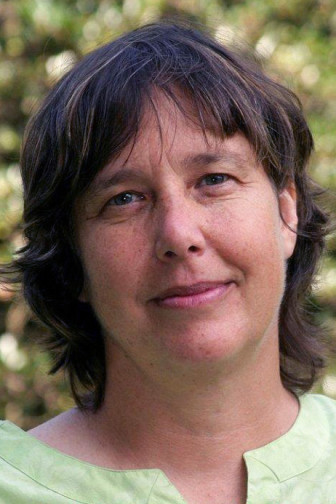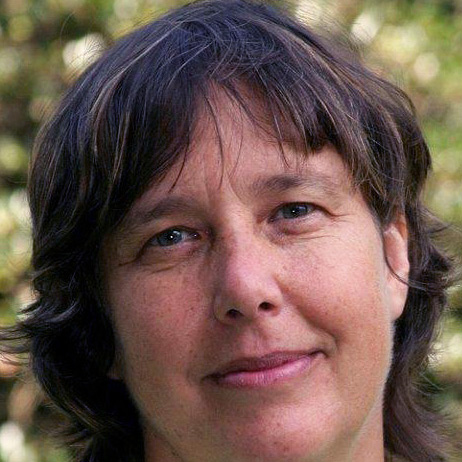 The deaths of Tamir Rice, Eric Garner, Walter Scott and other unarmed people of color at the hands of police, and the lack of associated consequences or accountability, have provided our nation with a painful and importantly bald look at the ways that our institutions continue to systemically undermine the American promise of “with liberty and justice for all.” More and more Americans seem willing to acknowledge the existing caste system created by class and race. As Michelle Alexander recently noted in a talk at the Union Theological Seminary, a “failure to care is at the core of all caste systems.”
The deaths of Tamir Rice, Eric Garner, Walter Scott and other unarmed people of color at the hands of police, and the lack of associated consequences or accountability, have provided our nation with a painful and importantly bald look at the ways that our institutions continue to systemically undermine the American promise of “with liberty and justice for all.” More and more Americans seem willing to acknowledge the existing caste system created by class and race. As Michelle Alexander recently noted in a talk at the Union Theological Seminary, a “failure to care is at the core of all caste systems.”
Every life does not yet matter equally in America. The poor, and especially poor people of color, are subjected daily to unjust systems and an unjust civil society. So, as our nation struggles to develop a new moral compass where every life matters, what can we do within our local communities, agencies and institutions to re:vision our democracy so that it works well for everyone?
Oddly enough, Baltimore residents have something to share with the country about how to move forward in this regard — especially with regard to our juvenile justice system. For the past 18 years, more than 17,000 Baltimore residents have successfully resolved their own crimes and conflicts — not by going to court, but by using the restorative justice process called community conferencing.
Adapted from the Maori in New Zealand, the community conferencing circle process engages victims, offenders and their respective supporters to collectively work through how to best repair the harm and prevent it from happening again. Conferencing is used as an alternative to arrest and court, and is designed to empower the entire community of people affected by an incident to resolve it themselves within their own community.
The Community Conferencing Center started this work in Baltimore in 1998. It now accepts referrals to community conferencing at all levels of conflict and crime, including neighborhoods, schools, police, juvenile justice and courts.
The impact has been significant: Community conferencing diversion has kept nearly 2,400 young people of color from entering or going deeper into the juvenile justice system. More than 95 percent of the hundreds of community conferences have resulted in a written agreement, with more than 94 percent compliance with those agreements. Reoffending rates are consistently between 9 and 12 percent, about 60 percent lower than reoffending rates of young people who go through the juvenile system — all of this at one-tenth the cost of going to court.
Because of long-standing partnerships with police, juvenile justice and juvenile prosecutors, the Community Conferencing Center is receiving diversion referrals of young people arrested during the Baltimore unrest in April and May. We are grateful that our referral partners appreciate and trust that it is important to provide those who cause harm with a meaningful process that not only allows them a chance to make things right with those they’ve harmed, but that also addresses the root causes of their harmful actions. Young “offenders” have “turned around” once they are connected with the basics: a caring adult and positive after-school activities or a job.
Community conferences put humanity and humanness back into the justice process. Victims and offenders alike connect with each other as human beings, and in doing so they are able to learn from mistakes, to heal and to come up with fair and effective resolutions based on understanding, not revenge.
As one example illustrates: The young men who stole, from a drugstore parking lot, the car of a single father who had rushed out at midnight to get medicine for his sick daughter, have a chance to hear the pain in the father’s voice, to feel the anger from the person he called to come get him and to come face-to-face with the sadness of the girl who feared for her father’s life. The father is moved by the young men’s tears and their apologies, and decides to accept only the amount of money they are able to pay. His friend offers them a job so that they can earn the money they owe.
The restorative justice movement in this country and worldwide has been steadily growing since the 1990s and continues to plant the seeds for a radical values-based restructuring of our justice and education systems, sounding out a long, plaintive call to our nation: Justice and school discipline based on respect, responsibility, inclusiveness and fairness is within our reach.
Lauren Abramson, Ph.D. is the founding director of the Community Conferencing Center, which helps other jurisdictions across the United States develop conferencing programs, convenes a national peer-learning community and provides program development services for groups interested in building a similar program of their own.

























